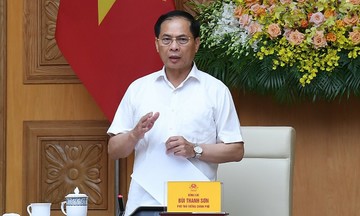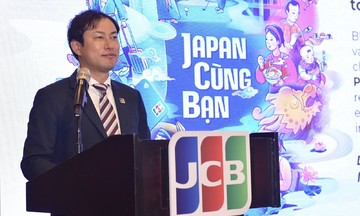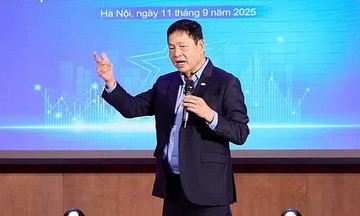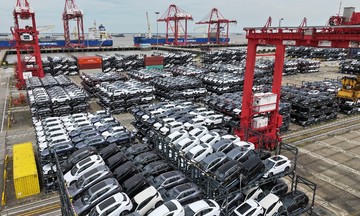Deputy Prime Minister Tran Hong Ha has approved the Vietnam Environmental Industry Development Program for the period 2025-2030.
The program aims to review and complete the legal framework for developing recycling industrial zones and clusters by 2030. This framework will guide and promote the growth of the environmental industry, leading to a dedicated decree for the sector's development.
Specific targets include having environmental technology and equipment meet 60-70% of the domestic demand for solid waste sorting and recycling by 2030. For wastewater and emissions, the target is 60-80%.
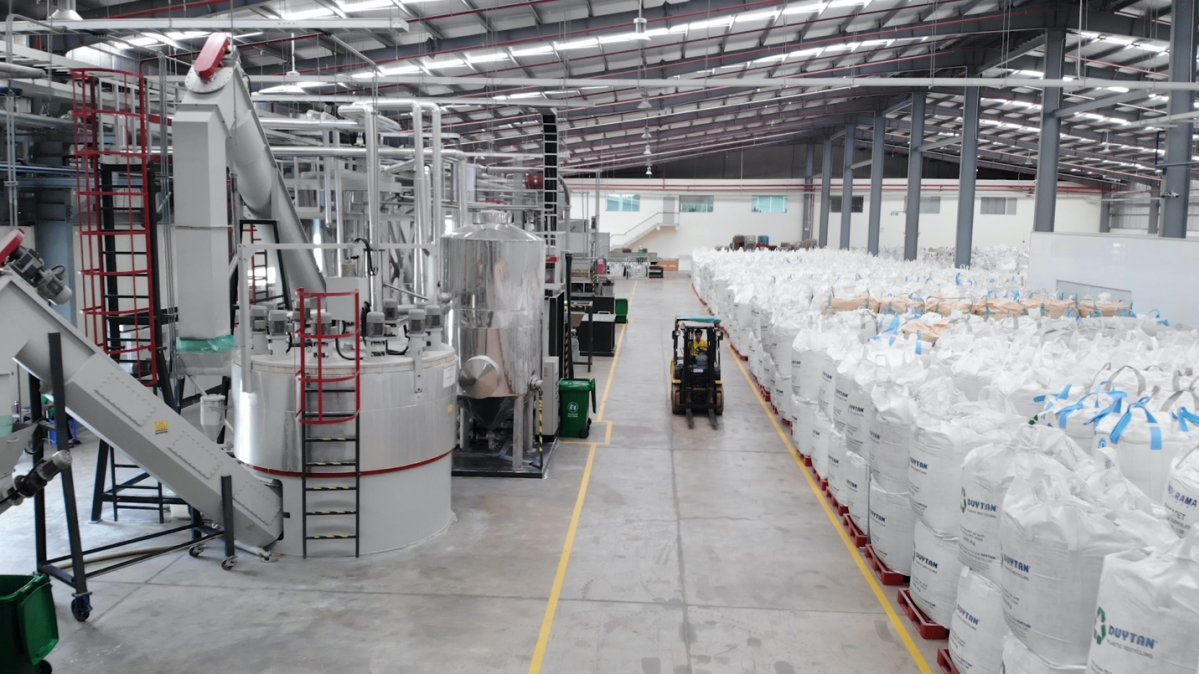 |
Duy Tan Plastics Recycling Plant, 2022. Photo: Duy Tan |
Duy Tan Plastics Recycling Plant, 2022. Photo: Duy Tan
To establish and develop recycling industrial zones and clusters, the government will offer investment incentives and support. Businesses acquiring technology transfers, patents, and software will also receive preferential treatment. Authorities aim to attract foreign investment and eventually export technologies, equipment, and products where Vietnam has an advantage.
The Deputy Prime Minister called for creating and expanding demand for equipment, technology, and products through domestic procurement and designated bidding, thereby fostering a market for environmental industry goods. Concurrently, Vietnam needs to develop environmental technology companies within corporations like PVN, Vinachem, and Vinacomin to leverage their financial and human resources to meet development goals.
Public-private partnerships in research and production are encouraged, with the state providing capital, infrastructure, and training, while businesses handle implementation, operation, and commercialization. The Deputy Prime Minister also urged the development of national environmental industry centers focused on production, technology transfer, and innovation.
To further develop the sector, the list of technologies, equipment, and products in areas like waste-to-energy, wastewater treatment, waste recycling, bioplastics, and green materials needs review and expansion.
In the context of transitioning to a green, circular, and sustainable development model, the environmental industry is identified as a key economic sector, crucial for enhancing technological self-reliance and improving productivity and growth quality. It also holds significant potential for attracting investment, promoting innovation, reducing greenhouse gas emissions, and adapting to climate change.
At a meeting last July, government leaders emphasized the leading role of private enterprises in developing the environmental industry. In areas where the private sector lacks capacity, such as hazardous waste treatment, eco-friendly material development, large-scale environmental monitoring, and wind and solar power waste recycling technology, the public sector should pave the way.
Thuy Truong





